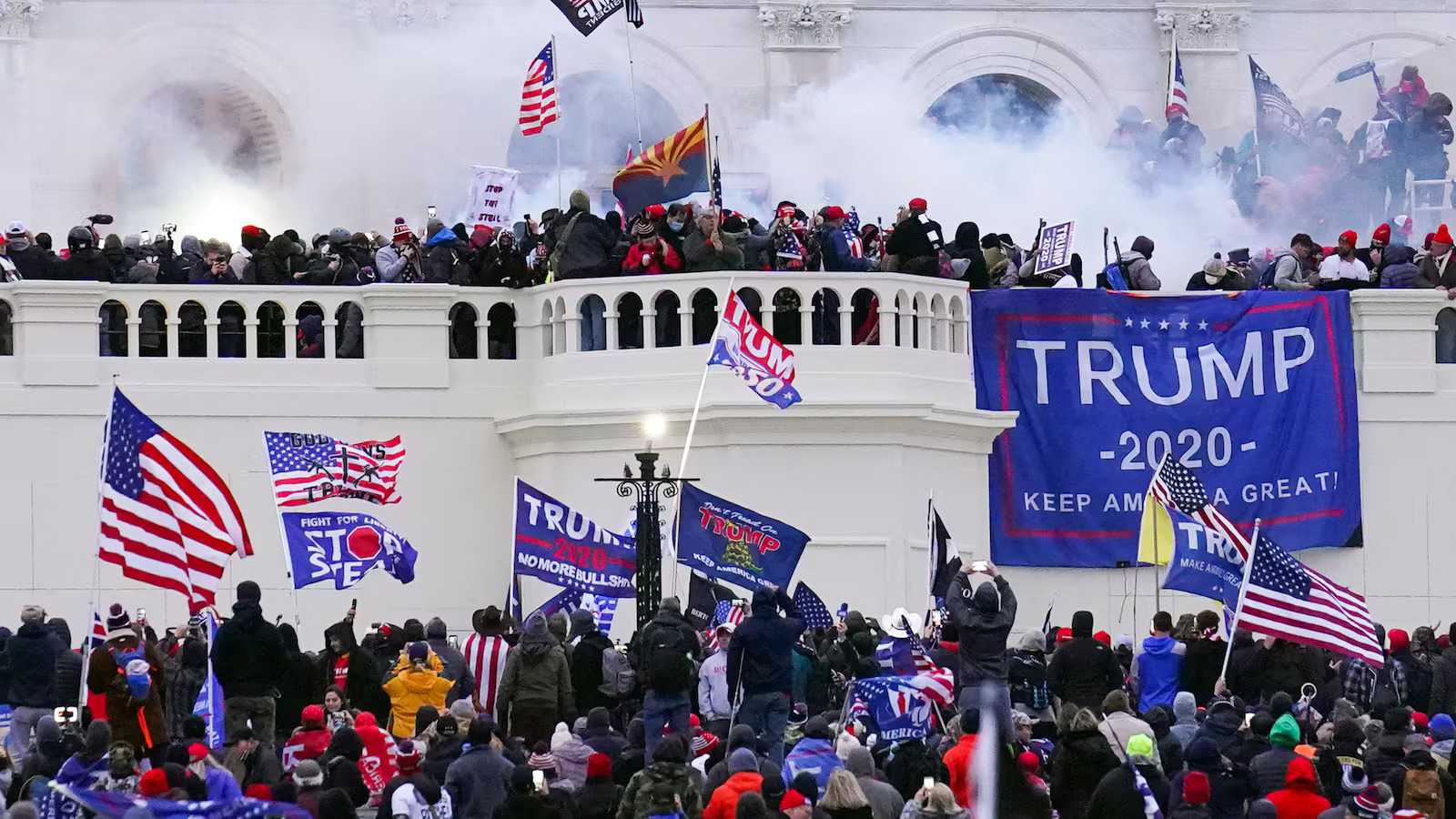The Department of Justice Inspector General, Michael Horowitz, disclosed findings about the presence of more than two dozen confidential human sources (CHSs) near the Capitol during the January 6 protests. Among these, only three were officially tasked by the FBI to report on the activities of individuals associated with domestic terrorism.
Importantly, the report emphasized that none of the CHSs were authorized to commit illegal acts, enter restricted areas, or incite others to break the law, ensuring that their involvement complied with FBI guidelines.
The report shed light on the FBI’s limited role during the January 6 events, noting that the Department of Homeland Security (DHS) had not classified the protests at the highest security level. This designation restricted the FBI’s direct involvement, leaving its role largely supportive.
Field offices tasked certain CHSs to gather intelligence on specific subjects traveling to Washington, D.C., on January 6, but investigators found no evidence that FBI personnel were embedded within protest crowds or inside the Capitol.
In response, the FBI clarified that while it was not primarily responsible for security on January 6, it took significant preparatory steps to address potential violence. The agency reiterated that no CHSs were authorized to break the law or incite illegal behavior.

Accepting recommendations from the inspector general, the FBI announced plans to review and enhance its protocols for handling security risks at events not classified as National Special Security Events (NSSE) or SEAR events by DHS.
Criticism from lawmakers followed the report’s release, with House Judiciary Committee Chairman Jim Jordan accusing the FBI of unequal treatment. He highlighted that four CHSs who entered the Capitol were not charged, contrasting with the treatment of other participants.
Jordan and others pointed to the findings as evidence of potential misuse of federal power, warning against weaponizing government agencies against citizens. Representative Thomas Massie tied the report’s release to FBI Director Christopher Wray’s resignation, suggesting it exposed deeper issues within the bureau.
The report has sparked broader discussions about the FBI’s role in managing politically sensitive events and the implications of using confidential human sources.
While the bureau defends its actions as measured and legally compliant, critics argue it demonstrates a troubling lack of accountability and consistency. These revelations will likely influence debates on agency oversight and the appropriate division of responsibilities for safeguarding national security.


